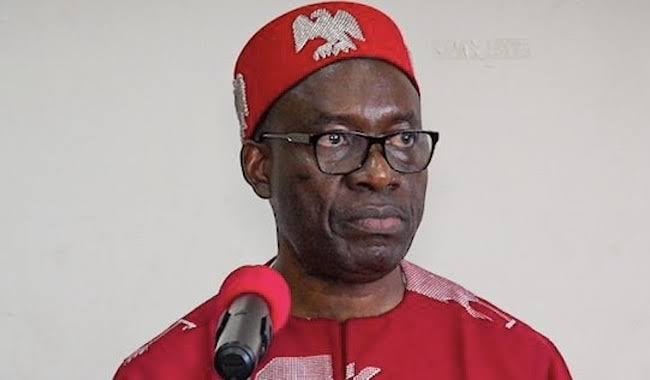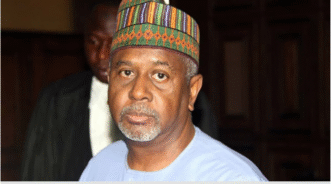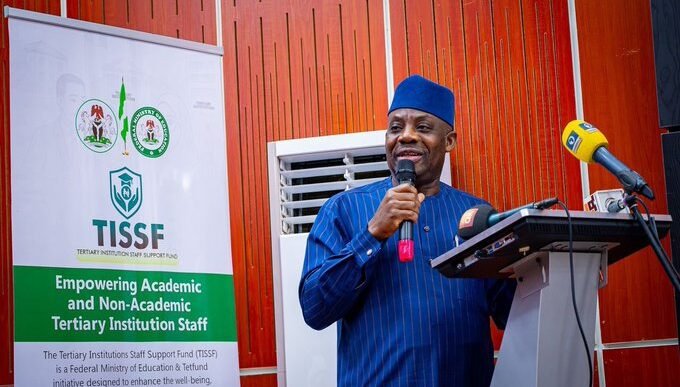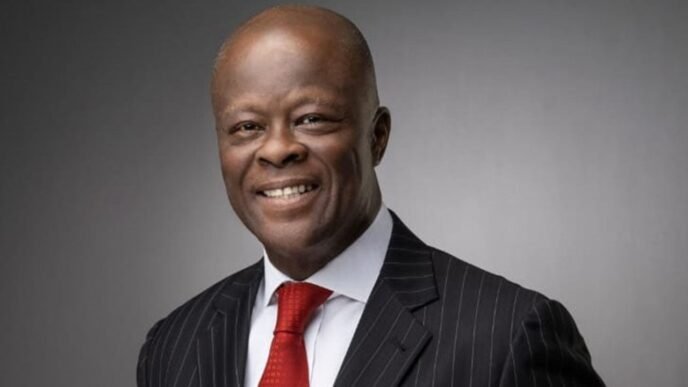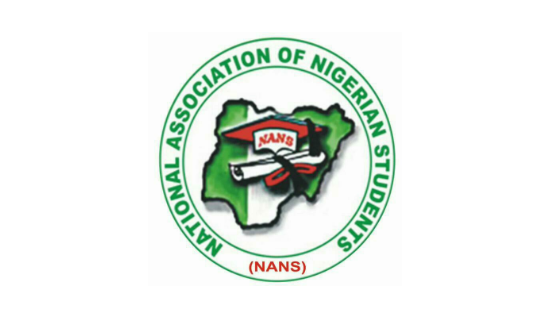Awka, Anambra State — October 14, 2025:
The Governor of Anambra State, Prof. Chukwuma Charles Soludo, has announced a sweeping reform in the state’s traffic management and enforcement system. Effective October 14, 2025, the maximum fine payable for any traffic offence in the state will be ₦10,000, regardless of the nature or severity of the violation.
Governor Soludo made the announcement on Monday during a press briefing at the Government House, Awka, where he addressed concerns about alleged extortion and abuse of power by some traffic enforcement officers across the state.
The new policy, which takes immediate effect, aims to ensure fairness, transparency, and uniformity in the enforcement of traffic regulations. It is also part of the governor’s broader reforms to promote a people-centered governance structure and curb corruption within the state’s traffic management agencies.
Background to the Decision
In recent months, motorists and transport unions in Anambra have voiced increasing frustration over what they described as “arbitrary fines” and “unjust impoundment of vehicles” by traffic officers. Reports of motorists being forced to pay up to ₦50,000 or more for minor offences have triggered public outrage and calls for government intervention.
Governor Soludo said the new directive was a direct response to those complaints and an effort to restore confidence in government institutions.
“We have listened to the cries of our people. From today, no traffic offence in Anambra State will attract a fine exceeding ten thousand naira. Whether it is wrong parking, driving without a seatbelt, or obstruction, the fine is capped. We are introducing a fair system that prioritizes compliance and education, not extortion,” Soludo declared.
He added that the reform was designed to balance the need for discipline on the roads with respect for citizens’ rights.
Implementation Guidelines
The new regulation will be implemented through the Anambra State Traffic Management Agency (ATMA) in collaboration with the Ministry of Transport. Governor Soludo emphasized that strict measures have been put in place to ensure that traffic officers comply fully with the new directive.
Under the new framework:
- All traffic fines—regardless of the offence—will not exceed ₦10,000.
- Cash payments to officers are strictly prohibited. All fines must be paid electronically through designated state government payment portals.
- Offenders who pay their fines within 48 hours will receive a 20% discount, as part of a compliance incentive.
- Officers caught demanding bribes or imposing fines above the stipulated amount will face summary dismissal and prosecution.
- Traffic education campaigns will be intensified across the 21 local government areas to sensitize motorists on the new rules.
Soludo further directed the Commissioner for Transport, Mrs. Patricia Igwebuike, and the Managing Director of ATMA, Mr. Emeka Okeke, to ensure full compliance by all traffic officers.
“We are introducing digital enforcement tools, including body cameras for officers and a new mobile app to track infractions. There will be no room for manipulation,” Soludo added.
Public Reaction and Stakeholder Response
The announcement has generated widespread discussion among transport stakeholders, motorists, and civil society groups in Anambra.
The Chairman of the Anambra State Drivers’ Union, Mr. Chikezie Nwosu, commended the governor for what he described as a “bold and people-friendly” move.
“This is the kind of leadership we need. For years, we have suffered from the high-handedness of traffic officers. Some even impose fines of ₦30,000 for minor offences. This policy shows that the governor listens to the people,” Nwosu said.
Similarly, the Anambra Civil Rights Forum (ACRF) lauded the initiative, calling it a step toward restoring public trust in government enforcement institutions.
However, some analysts have expressed concerns that a uniform fine might reduce deterrence for serious traffic violations such as driving under the influence, reckless driving, or dangerous overtaking.
A public policy expert at Nnamdi Azikiwe University, Dr. Ifeoma Ezeanaka, noted that while the reform is commendable, there should still be a tiered penalty system for offences that pose higher safety risks.
“Flat-rate fines can promote equity but may also reduce deterrence for high-risk behaviours. The government should consider complementary sanctions such as license suspension or compulsory safety training,” she said.
Government’s Rationale
According to Governor Soludo, the decision aligns with his administration’s “Soludo Solution” blueprint, which emphasizes transparency, accountability, and citizen participation in governance.
He said the previous fine structure lacked consistency and had become a breeding ground for extortion, leading to public resentment and noncompliance with traffic laws.
“We are not encouraging indiscipline. Rather, we want to ensure that our enforcement is just, transparent, and digitized. This is how we build a liveable, prosperous Anambra,” he said.
The governor also revealed that the state government would begin a massive retraining program for traffic officers, focusing on civility, ethics, and digital enforcement methods.
Economic and Social Implications
Analysts believe the new ₦10,000 fine cap will have mixed impacts. On one hand, it will ease the financial burden on motorists, especially commercial drivers who operate on low margins. On the other hand, it may reduce state revenue from traffic fines in the short term.
However, Soludo’s administration appears more focused on long-term compliance and systemic reform than on revenue generation. By curbing corruption and enhancing trust, officials believe that voluntary compliance will increase, leading to safer roads and fewer violations.
The policy also aligns with broader digital governance reforms in the state, such as the introduction of an e-tax system, biometric staff verification, and online motor licensing platforms.
Next Steps
Governor Soludo announced that a dedicated hotline and online complaint portal will be launched later this week, allowing citizens to report misconduct by traffic officers.
Additionally, a public dashboard will display monthly data on traffic offences, enforcement activities, and disciplinary actions taken against erring officials.
The state government also plans to hold a stakeholder summit next month to evaluate the early outcomes of the new policy and gather feedback from transport unions, civil society groups, and the general public.
“We will review the system after three months. If adjustments are needed, we’ll make them transparently. Governance must evolve with feedback,” the governor said.
Conclusion
Governor Chukwuma Soludo’s decision to cap all traffic fines at ₦10,000 marks a significant shift in Anambra’s traffic management policy. It signals an administration determined to place fairness, digital governance, and accountability at the center of public service delivery.
As implementation begins, residents and transport operators across the state will be watching closely to see if this bold move translates into lasting change on Anambra’s roads — and whether it can serve as a model for other Nigerian states seeking to balance enforcement with justice.


